While organisations are keen to incorporate AI into their functions to enhance customer experiences, consumers don’t trust AI agents with their personal data yet, reveals a report. However, Indian consumers are twice as likely as those from other countries to share personal information with a company’s AI agent, notes the 2025 Customer Identity Trends Report from Okta, an identity and access management company.
The global study, conducted by Statista, surveyed 6,750 consumers across nine countries, including 750 from India, to explore evolving online identity behaviours. The other regions in the study included Australia, Canada, France, Germany, Japan, Netherlands, United Kingdom, and United States.
Trust in businesses amid identity fraud concerns
“Indian consumers show remarkable trust in companies to protect their personal data, with 67% expressing confidence, well above the 50% global average. This extends to a 50% likelihood of sharing personal data online,” the report said.
Trust levels were found to be significantly higher in sectors such as banking (79%), tech companies (73%), government agencies (70%), and online retailers (69%).
Nevertheless, a substantial 81% of respondents are concerned about identity fraud, significantly higher than the 63% global average, indicating a heightened awareness of digital risks. Among all the nine countries, respondents from India showed the most concern for identity fraud.
Convenience vs human touch
The report pointed out that Indian consumers demonstrate a complex relationship with AI.
“They are notably more willing to share sensitive data with company AI agents compared to global averages: 64% for health data (vs. 32% global) and 49% for financial information (vs. 27% global). While 65% appreciate AI’s speed and 24/7 support, a strong 76% still prefer human representatives for better understanding, and an equal 76% worry about AI’s impact on their digital identities,” it noted.
Around 49% were found toprefer human interaction over AI agents, while 19% expressed outright distrust. Around 54% said clear privacy/ethics guidelines would increase trust in AI agents, and 49% sought more transparency into how AI makes decisions.
Passwords still rule
The study also showed that India’s digital engagement is soaring, with over 30% of respondents logging into 10 or more personal online accounts monthly.
Despite newer options, 82% of Indians find passwords most convenient for identity verification. The report also shows that one out of five Indians reuses the same password for every personal account.
The quest for easier logins is driving the adoption of biometrics, with 55% of Indian consumers using fingerprint recognition and 35% using Face ID.
This highlights a growing willingness to adopt modern, secure authentication, especially from trusted brands, noted the report.
“From virtual assistants to automated decisions, people interact with AI every day. But with greater reliance comes greater scrutiny. Users expect their data to be protected and their experiences to be secure, simple, and transparent. That trust begins with identity. For businesses, mastering identity is no longer just about security; it’s the strategic imperative that unlocks innovation and secures customer loyalty,” said Shakeel Khan, Regional Vice President and Country Manager, Okta India.
Published – July 02, 2025 04:23 pm IST
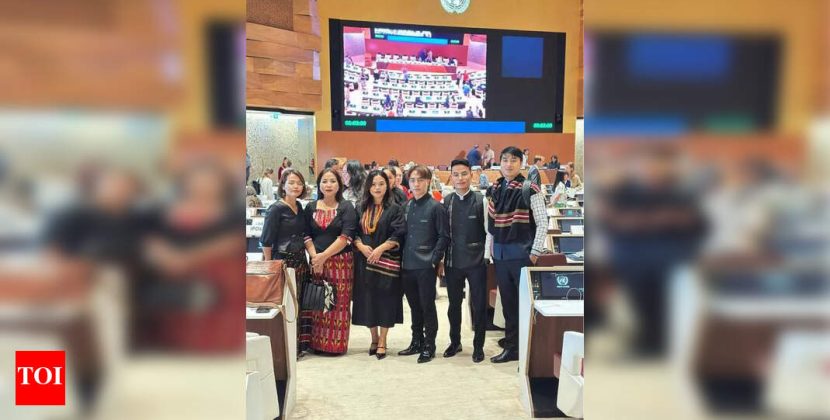


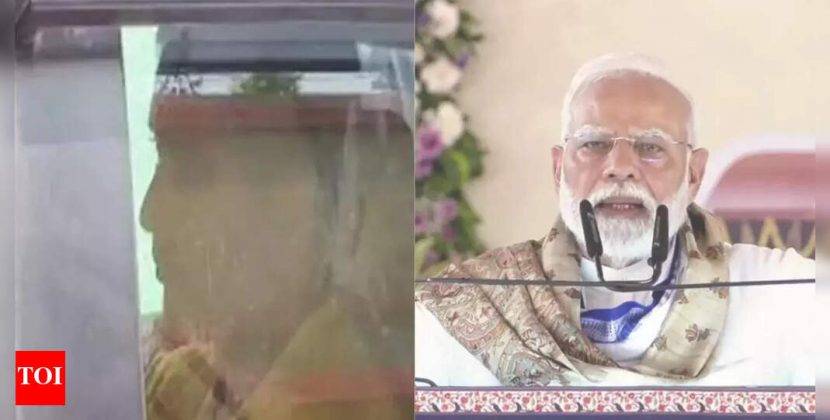





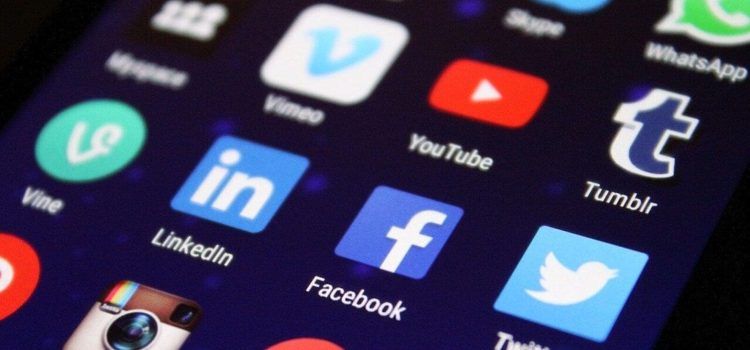
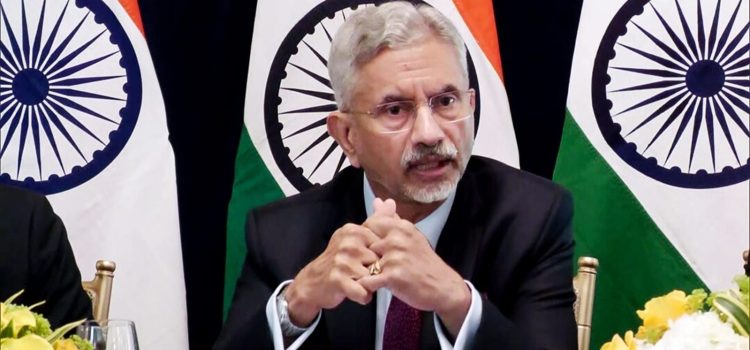
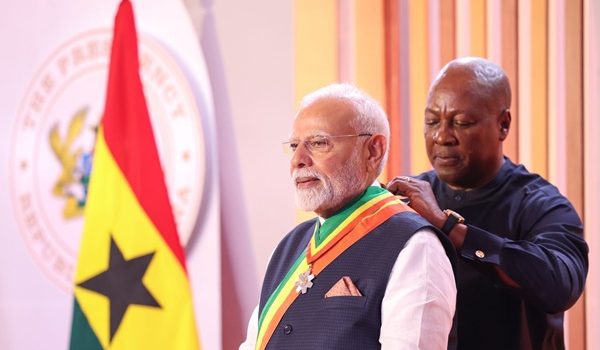
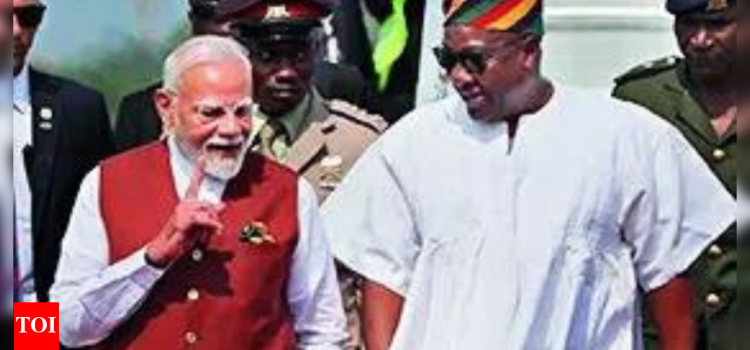
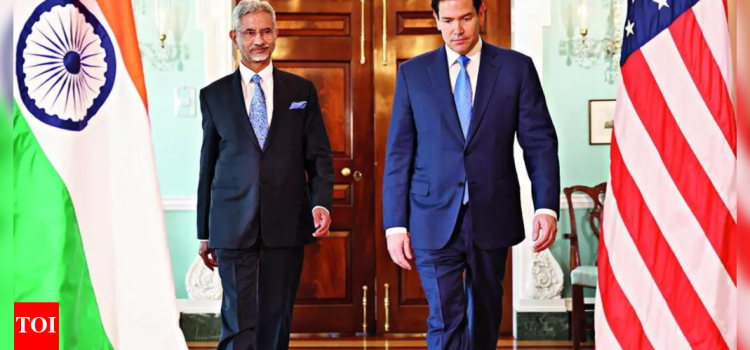

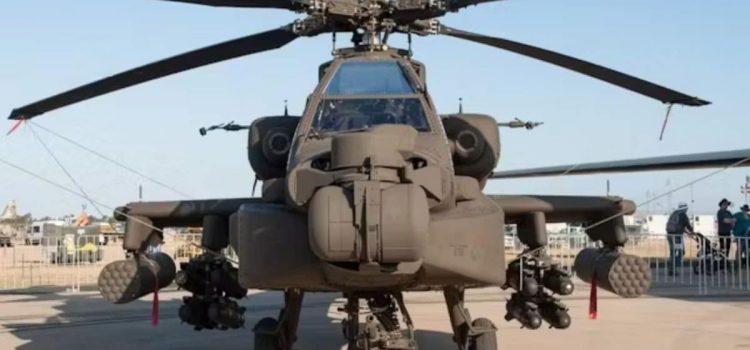
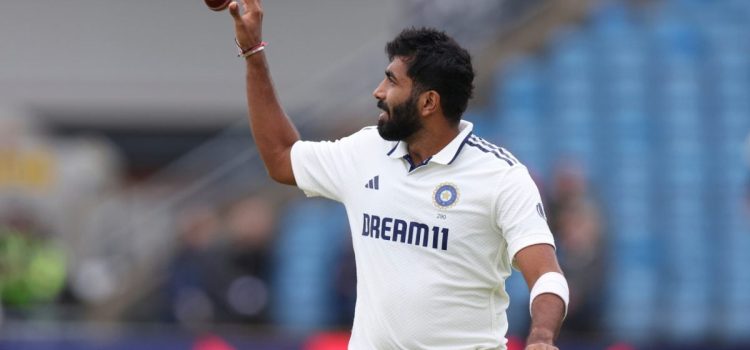

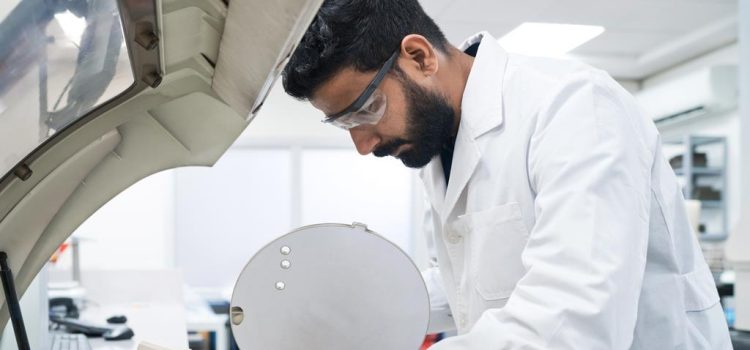

Comments